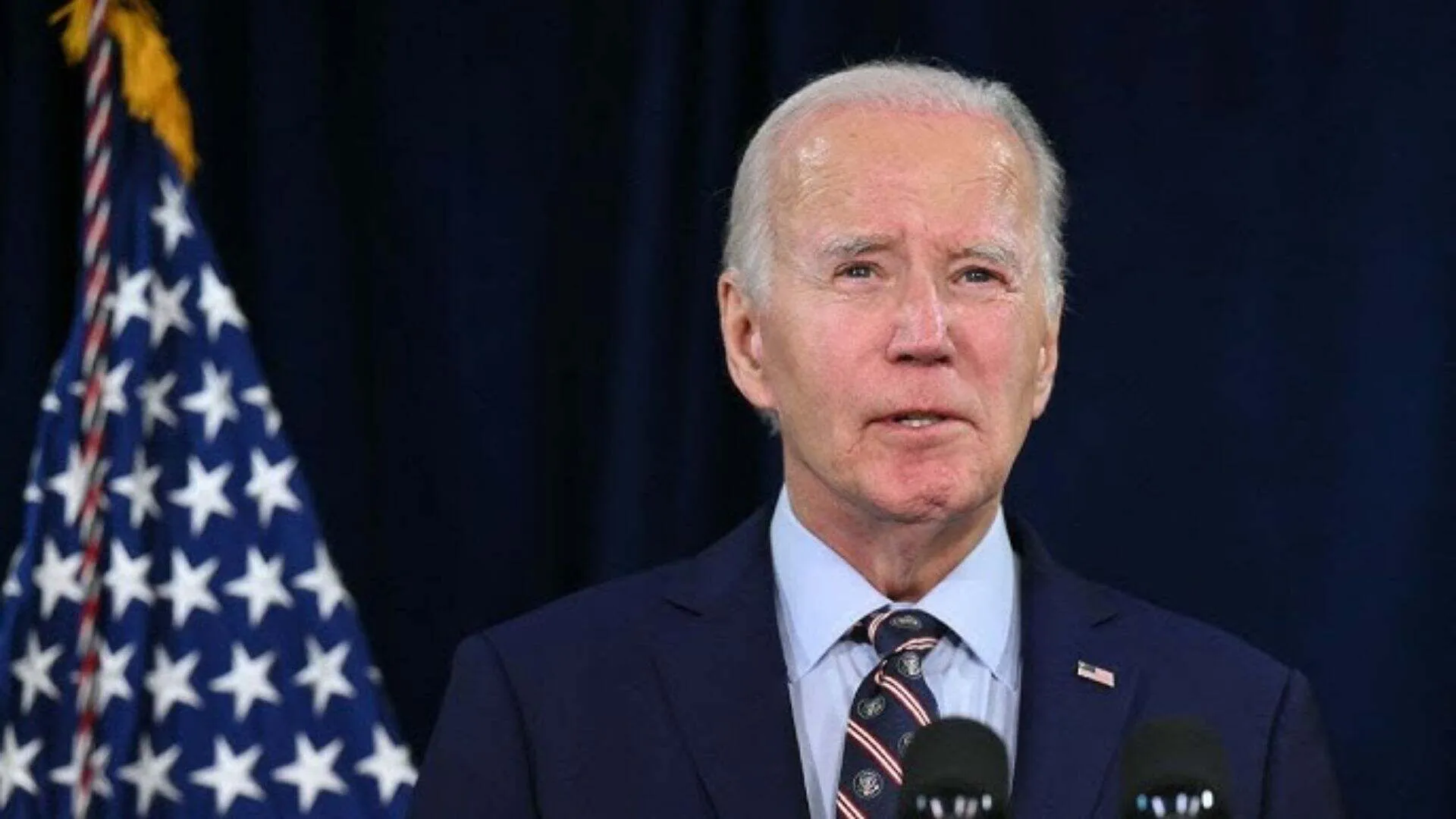Donald Trump announced plans to impose sweeping tariffs on Mexico, Canada, and China if elected, targeting drug trafficking and immigration concerns. In a statement on Truth Social, Trump pledged to enact a 25% tariff on all imports from Mexico and Canada, accusing the neighboring countries of failing to address illegal border crossings and fentanyl smuggling.
The proposed tariffs would remain in place until Mexico and Canada take decisive action to curb these issues, Trump said. Similarly, he promised a 10% tariff increase on all Chinese imports, citing Beijing’s inability to stem the flow of drugs, particularly fentanyl precursors, into the United States.
China responded sharply, warning that “no one will win a trade war.” A Chinese embassy spokesperson highlighted joint efforts with the U.S. to combat drug trafficking and emphasized the mutual benefits of trade between the two nations.
Canada’s Deputy Prime Minister Chrystia Freeland avoided direct criticism of the tariffs but underscored ongoing collaboration with U.S. border agencies to combat the fentanyl crisis.
Mexico and Canada, whose economies heavily rely on U.S. trade, could face significant challenges. Trump’s proposals might also disrupt the US-Mexico-Canada Agreement (USMCA), last renegotiated during his first term. Experts speculate that Trump’s early tariff threats could be a tactic to expedite trade renegotiations before their scheduled review in 2026.
The tariffs could have broader economic impacts, potentially increasing consumer costs in the U.S. Economists estimate the proposed measures might cost the average U.S. household over $2,600 annually. Critics argue that tariffs function as taxes on consumers, disproportionately affecting lower-income households.
Markets reacted swiftly to the announcement, with the U.S. dollar gaining against the Canadian dollar and Mexican peso. Stock futures and Asian markets, however, experienced declines.
While Trump frames tariffs as a tool to boost U.S. jobs and reduce reliance on foreign imports, analysts warn of potential retaliatory measures and economic strain. Critics like Robert Reich, a former U.S. labor secretary, argue that tariffs raise costs for consumers without effectively addressing the underlying issues.
With tariffs set to feature prominently in Trump’s campaign, the proposals are reigniting debates on trade, economics, and border security.























